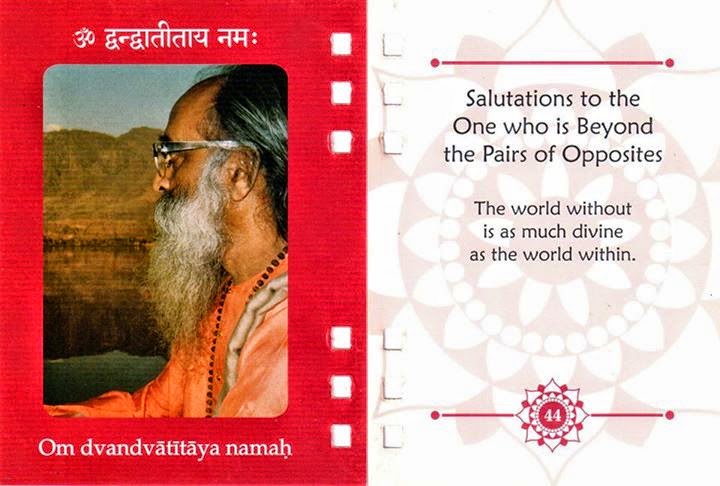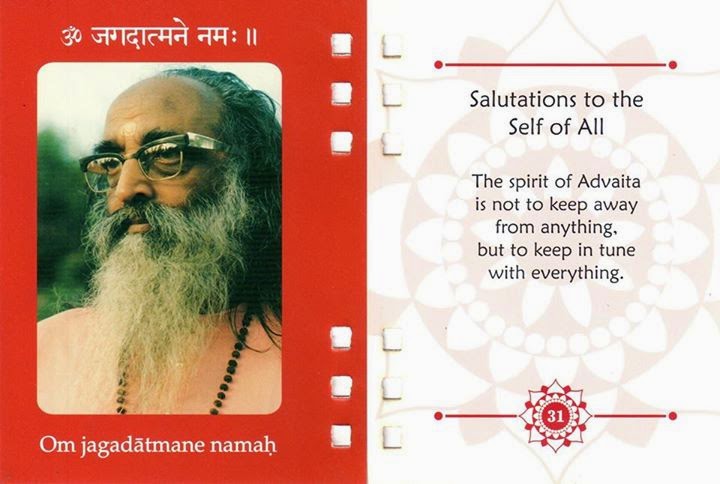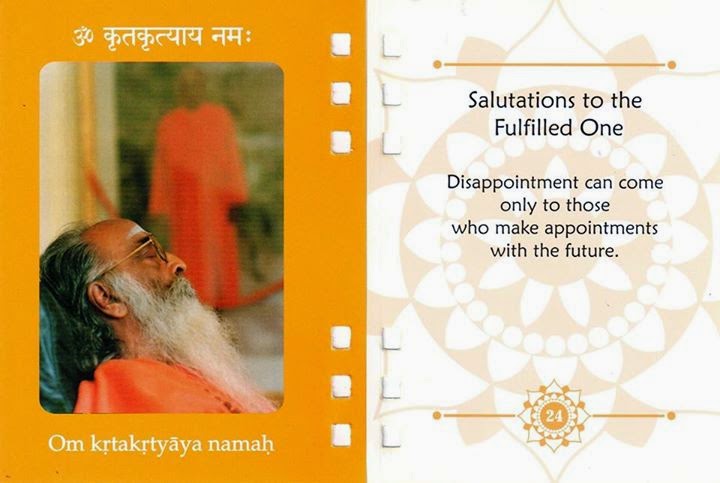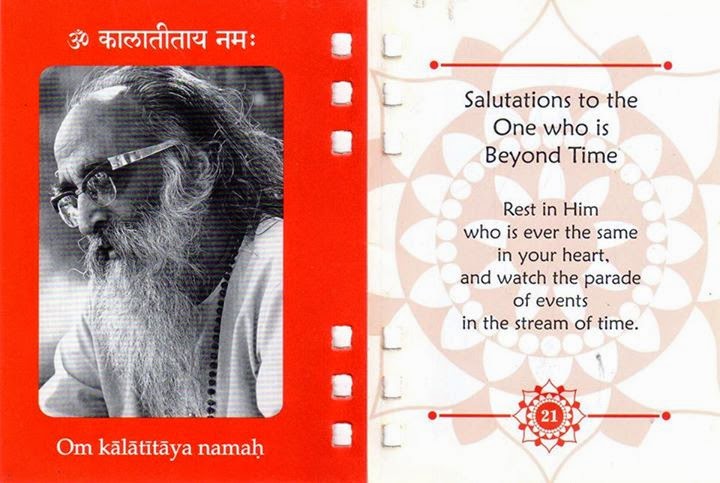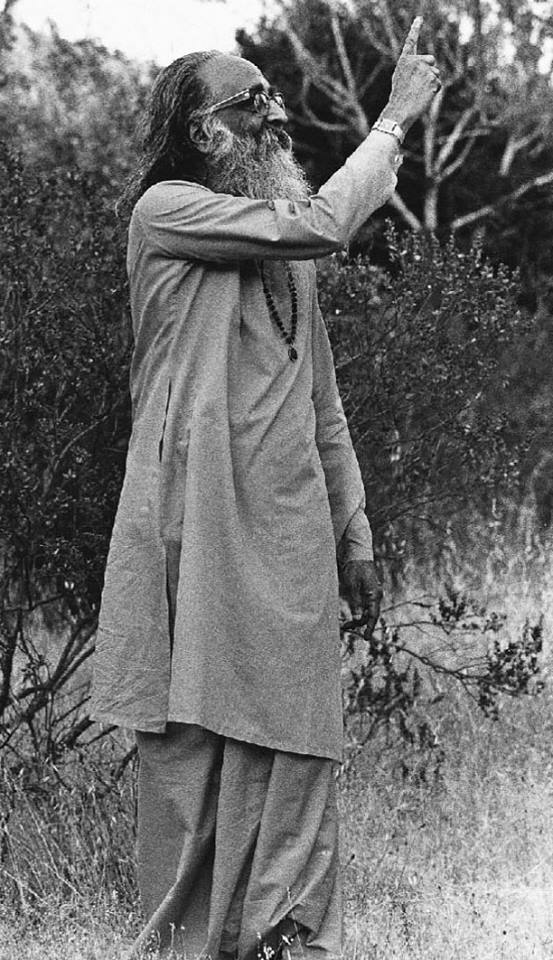MUNDAKOPANISHAD : CHAPTER-3. SECTION-2. Mantram-9. ( Knower of Brahmam becomes Brahmam. )

MUNDAKOPANISHAD CHAPTER-3. SECTION-2. Mantram-9. ( Knower of Brahmam becomes Brahmam. ) Discussion-3. "Knower of Brahmam becomes Brahmam......" A drop of Sea, so long as it is trembling at the tip of my finger, is certainly separate from the Ocean : - But the moment it tumbles off the tip and falls into the bosom of the Ocean, thereafter it cannot claim any separate name or form or personality, but certainly becomes one with the entire Ocean. Similarly, so long as the Spirit / Soul / Atma / Self in us chooses to identify itself with the 'delusive Super-impositions on Matter,' it certainly has the dreamy experience of a Separate Existence. Next : Discussion-4. "This conditional Atma....." To be continued ....











